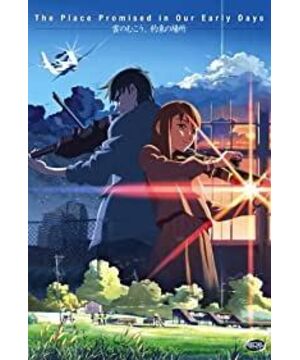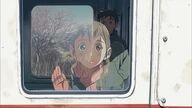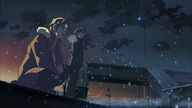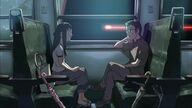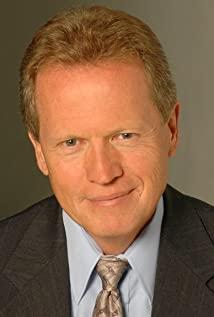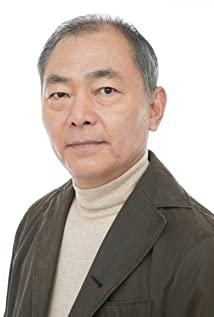melodious and ethereal violin,
in very curious accompanied by heavy fictional world
── This is the "other side of the clouds, the constraints of place" to our first impression
, however, in this a winning look Next, it’s just an empty story:
"Bound" (the meaning of agreement)
1. If you have studied a little Japanese, or watched Japanese film and television works for a few years,
you can see it at a glance: the whole article expresses an originally abstract word. Repeated narration, foreshadowing, and fiction (even the "parallel world" that does not hesitate to use soil to scum) until you accept his idea ─ ─ This kind of technique is a rotten method used in Japanese movies.
Maybe tonight you were moved by "binding" is the word, maybe the next morning felt somehow
this little wrist fact, with Nazi propaganda, MLM seminar is a reason ── ── parties often instill the idea that only in retrospect did he realize: " Is this something so remarkable?!"
2. The logic of the story narration is disappointing ─── Although logic is not a necessary condition for the success of a film (especially for animation works), it should not allow the audience to be unconstrained There is a sense of panic that "the story line is broken to pieces". Xinhaicheng's control at this point is far from the masters of storytelling such as Jinmin and Otomo.
Regardless of the plot and theme, this is an amazing art film-
after all, as long as the audience has something to
do , this film will be a success. But how long can an art film be moved?
View more about The Place Promised in Our Early Days reviews


